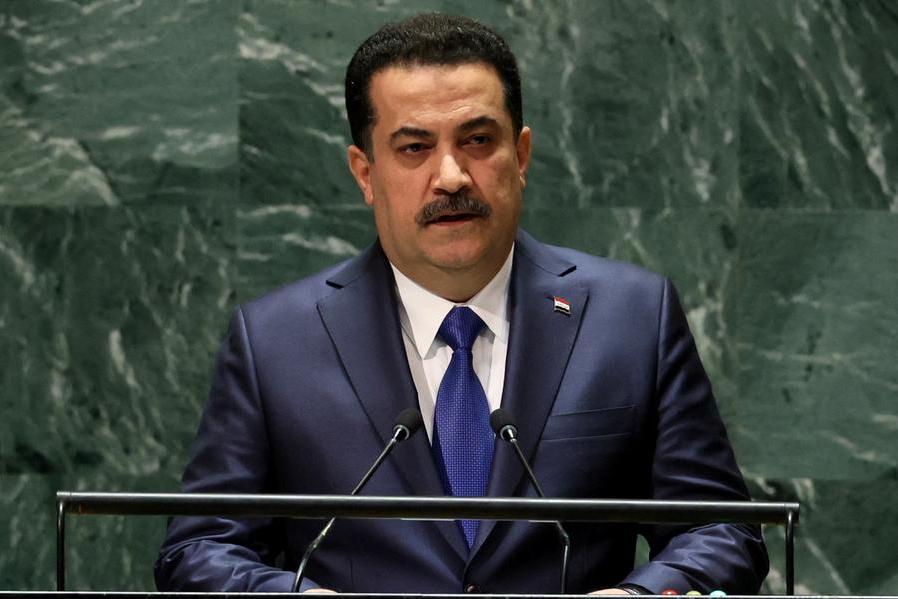Iraq's Green Energy Transition: Major Gas Projects Launch Signals Shift from Wasteful Flaring
Iraq has launched two major gas processing facilities in Basra, marking a significant step towards eliminating gas flaring and achieving energy independence by 2027. These installations will process hundreds of millions of cubic feet of gas daily while boosting condensate production for export and domestic use.

New gas processing facilities in Basra, Iraq, marking the country's transition towards sustainable energy practices
Strategic Gas Infrastructure Marks Environmental Progress
In a significant move towards environmental responsibility and energy independence, Iraq has inaugurated two major natural gas processing facilities in Basra. Prime Minister Mohammed Shia al-Sudani's launch of these projects represents a crucial step in the nation's ambitious plan to eliminate gas flaring by 2027.
Transformative Infrastructure Development
The first facility, a sophisticated dry gas unit at the Basra Gas Liquefaction Plant, brings substantial capacity improvements to Iraq's gas processing capabilities. This installation will process 170 million standard cubic feet per day of gas and produce 1,000 metric tons of LPG daily, marking a significant advancement in the country's energy infrastructure.
The second development, the Faihaa Central Gas Processing Facility, adds an additional processing capacity of 130 million cubic feet per day, further strengthening Iraq's gas capture capabilities.
Economic and Environmental Benefits
These developments carry dual significance for Iraq's economy and environmental commitments. The enhanced gas capture infrastructure is expected to boost condensate production to 200,000 barrels per day, creating new opportunities for both export and domestic use.
By reducing gas flaring - a practice that contributes significantly to greenhouse gas emissions - these projects align with global environmental standards while maximizing the economic value of Iraq's natural resources.
Path to Energy Independence
The projects represent key milestones in Iraq's strategic goal of achieving gas self-sufficiency by 2027. This transition not only demonstrates environmental stewardship but also positions Iraq as a more sustainable energy producer in the region.
Thomas Reynolds
Correspondent for a London daily, specialist in British foreign policy and transatlantic issues.
